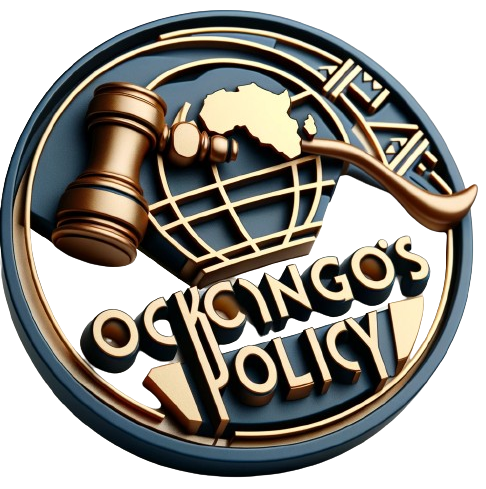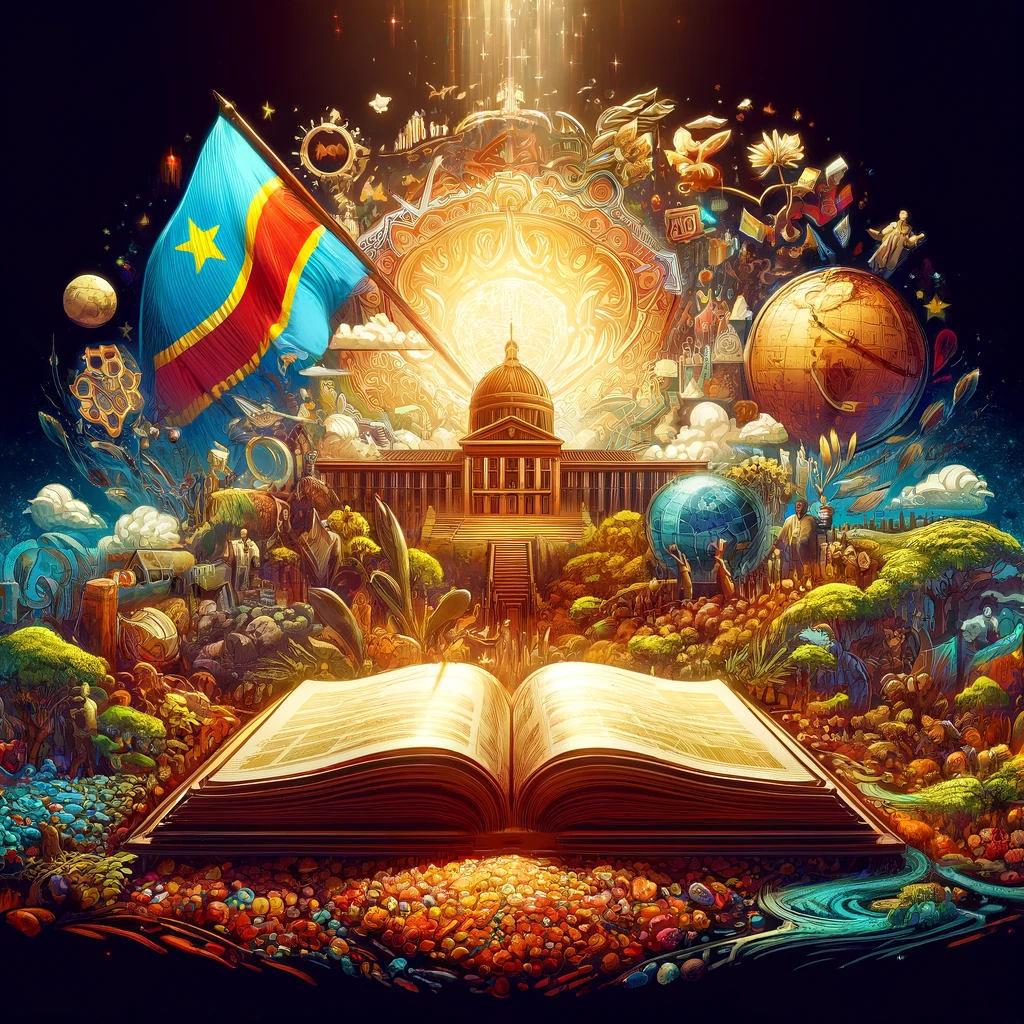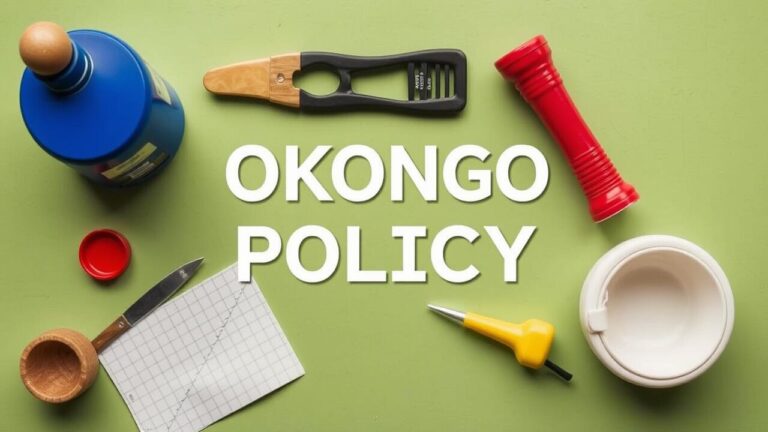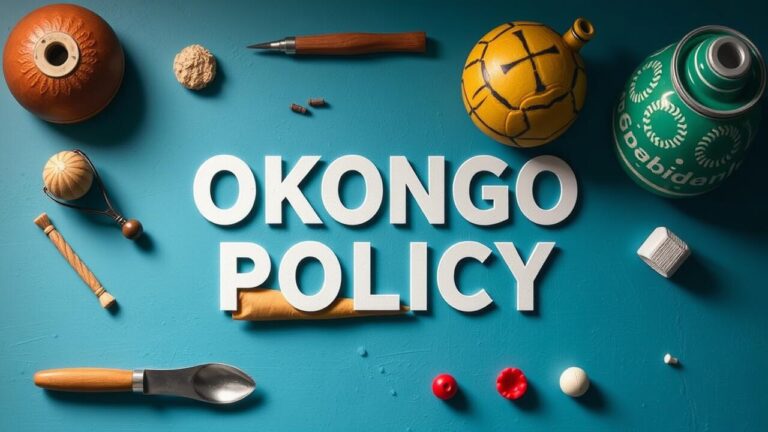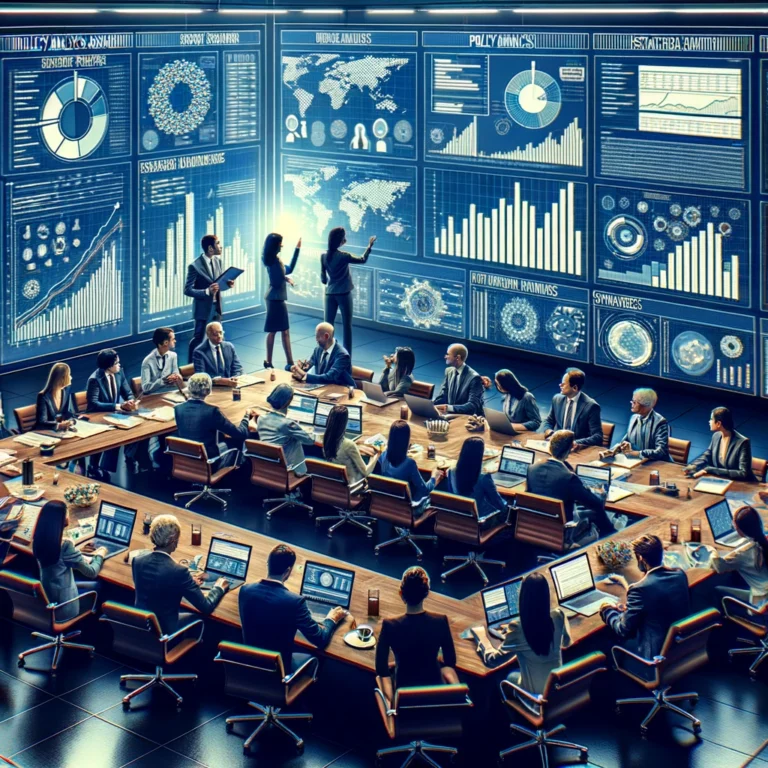Understanding Congo Policy: Navigating Through Complexity
In today’s ever-evolving geopolitical landscape, understanding the nuances of Congo Policy is more crucial than ever. Your interest in this subject suggests a desire to grasp the complex web of political, economic, and social factors that influence the Democratic Republic of Congo (DRC) and its interaction on the international stage. Through this post, you’ll gain a deeper understanding of Congo Policy, equipped with examples and practical tips to navigate its complexities.
The Heart of Congo Policy
Congo Policy doesn’t exist in a vacuum. It’s the result of historical legacies, ongoing conflicts, rich natural resources, and international interests. The DRC is a land of paradoxes, blessed with an abundance of minerals critical to modern technology yet plagued by persistent poverty and instability.
Historical Context and Modern Implications
Understanding Congo Policy requires a look back at its colonial past, subsequent independence, and the tumultuous years that followed. The scramble for Africa left deep scars, with the exploitation of the Congo’s resources setting a precedent for future conflicts. The DRC’s struggle for sovereignty and economic independence continues to influence its policy decisions today.
Economic Strategies and Challenges
At the heart of Congo Policy are strategies aimed at leveraging the country’s vast mineral wealth. However, issues such as illegal mining, inadequate infrastructure, and foreign exploitation pose significant hurdles. Policies aimed at increasing transparency and bolstering the domestic economy are critical for sustainable development.
Security and Stability
Security policy in the DRC is a balancing act between combating internal insurgencies and navigating complex regional dynamics. The presence of multiple armed groups, coupled with porous borders, complicates efforts to achieve stability. Congo’s policy focuses on military cooperation with neighbors and international partners, yet peace remains elusive.
Engaging with the International Community
Congo’s interaction with the international community is a pivotal aspect of its policy. The DRC’s strategic importance, owing to its mineral resources and geographic positioning, makes it a focal point of foreign policy for various countries and international organizations.
Diplomatic Relations and Aid
The DRC’s diplomatic strategies are designed to foster partnerships that support its development objectives. International aid, however, comes with its own set of challenges, including dependency and governance issues. Congo Policy aims to navigate these complexities, seeking beneficial alliances while striving for greater autonomy.
The Role of International Organizations
United Nations peacekeeping missions and interventions by international organizations are part of the Congo’s policy landscape. These relationships are vital for security and humanitarian assistance but also raise questions about sovereignty and the effectiveness of external interventions.
Practical Tips for Navigating Congo Policy
- Stay Informed: The situation in the DRC is fluid, with policy decisions often influenced by unfolding events. Keeping abreast of current developments is crucial.
- Understand the Stakeholders: From government officials and rebel groups to foreign investors and local communities, understanding the motives of various stakeholders can provide insights into policy directions.
- Consider the Global Context: Congo Policy does not exist in isolation. Global trends in economics, politics, and security all play a role in shaping policy decisions and outcomes.
FAQs
What are the main challenges facing Congo Policy today?
The DRC faces a multitude of challenges, including political instability, economic dependency, security threats from armed groups, and the impact of colonial legacies. Addressing these issues requires comprehensive and nuanced policy approaches.
How does the Congo Policy impact global markets?
The DRC is a key supplier of minerals critical to the tech industry, such as cobalt and coltan. Policies that affect the stability, production, and export of these resources have direct implications for global markets.
What role do international partners play in shaping Congo Policy?
International partners, through aid, investment, and diplomatic relations, significantly influence Congo Policy. Their interests and actions can support or undermine the DRC’s policy objectives, especially in terms of sovereignty and economic development.
Can Congo Policy address the country’s humanitarian needs?
While Congo Policy includes frameworks for addressing humanitarian issues, the scale of need and complexity of challenges often outstrip resources and capacities. International cooperation and effective governance are crucial for improving humanitarian outcomes.
Conclusion
Navigating through the complexities of Congo Policy requires a deep understanding of the country’s historical background, current challenges, and the interplay between national interests and international dynamics. While the path to stability and prosperity is fraught with challenges, informed and nuanced policy strategies can leverage the DRC’s potential for the benefit of its people and the broader international community. As observers, analysts, or participants in this process, your engagement and understanding of Congo Policy contribute to the ongoing discourse on Africa’s future and its role on the world stage. Keep questioning, keep analyzing, and most importantly, stay informed to grasp the full picture of the Congo Policy and its implications for global politics and economics.
